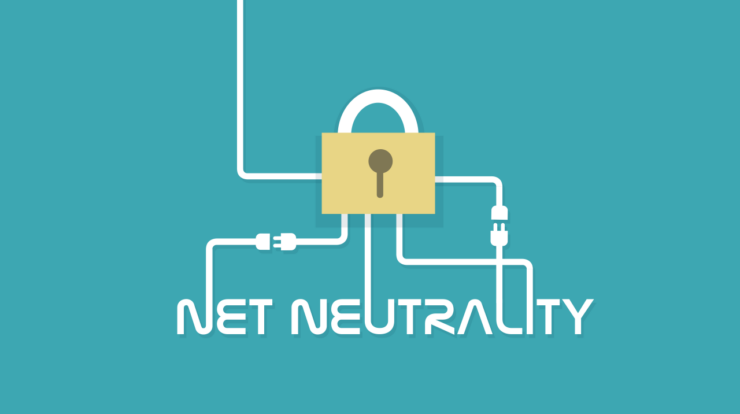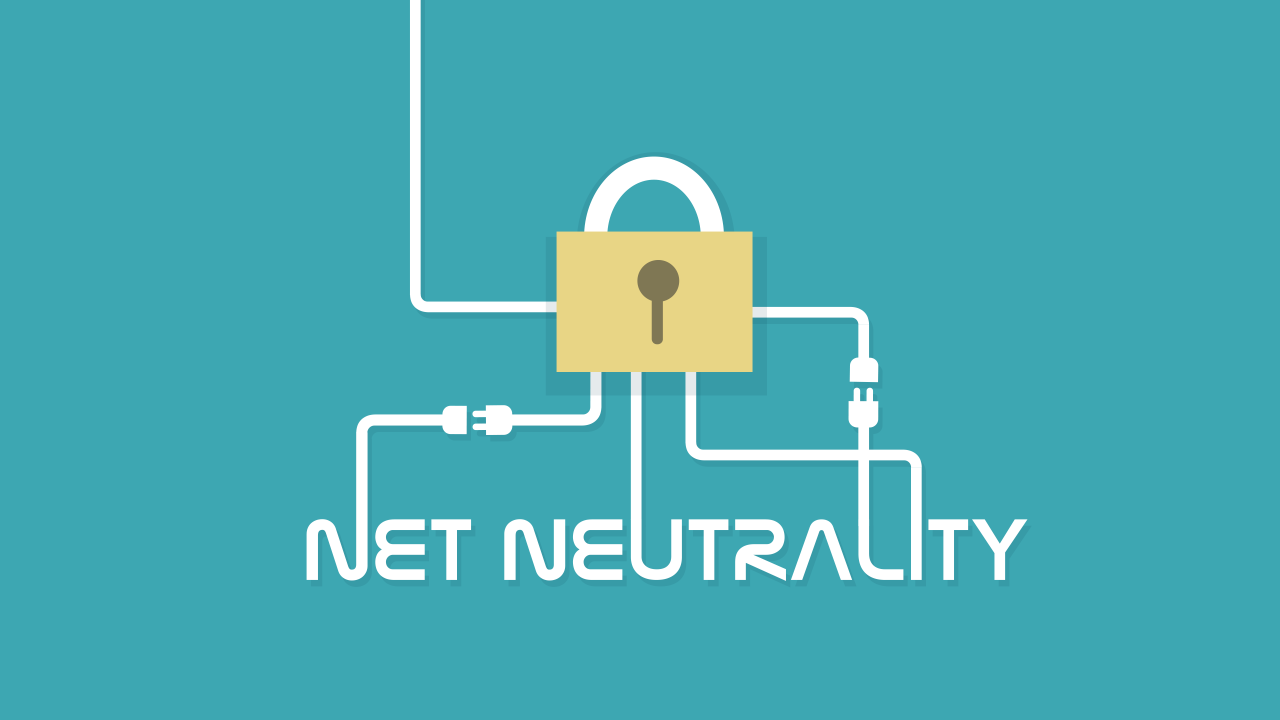
Net neutrality definition is a crucial concept in the digital age, guaranteeing that all internet traffic is treated equally, regardless of its source, destination, or content. This principle ensures that users have unrestricted access to the vast array of information, services, and applications available online.
The key principles of net neutrality encompass non-discrimination, transparency, and openness. Non-discrimination prohibits internet service providers (ISPs) from favoring certain types of traffic over others, ensuring equal access to all websites and content. Transparency requires ISPs to disclose their network management practices, fostering accountability and trust among users.
Openness promotes innovation and competition by allowing third-party developers to create applications and services that run seamlessly on the internet.
Net Neutrality Definition
Net neutrality is the principle that all internet traffic should be treated equally, regardless of its source, destination, or content. This means that internet service providers (ISPs) cannot block, throttle, or discriminate against specific websites or applications.
The key principles of net neutrality are non-discrimination, transparency, and openness. Non-discrimination means that ISPs cannot treat different types of traffic differently. Transparency means that ISPs must be transparent about their network management practices. Openness means that ISPs must allow users to access any content or application they want.
Examples of net neutrality violations include:
- Blocking access to specific websites or applications
- Throttling the speed of specific websites or applications
- Charging different prices for different types of traffic
History of Net Neutrality
The concept of net neutrality has been around for decades, but it only became a major issue in the United States in the early 2000s. In 2005, the Federal Communications Commission (FCC) adopted a set of net neutrality rules that prohibited ISPs from blocking or throttling traffic.
However, these rules were overturned by a court in 2010.
In 2015, the FCC adopted a new set of net neutrality rules that were more comprehensive than the previous rules. These rules prohibited ISPs from blocking, throttling, or discriminating against traffic, and they also required ISPs to be transparent about their network management practices.
The FCC’s net neutrality rules were challenged in court, and in 2017, a court struck down the rules. The FCC has since adopted new rules that are less protective of net neutrality, and the future of net neutrality in the United States is uncertain.
The major stakeholders in the net neutrality debate include:
- Consumers
- Businesses
- Internet service providers (ISPs)
- Government
Arguments for Net Neutrality
Proponents of net neutrality argue that it is essential for a free and open internet. They argue that net neutrality prevents ISPs from discriminating against certain types of traffic, which would allow ISPs to control what content users can access and what applications they can use.
Proponents of net neutrality also argue that it is necessary for innovation. They argue that if ISPs are allowed to discriminate against certain types of traffic, it will make it more difficult for new businesses to enter the market and compete with established businesses.
Evidence to support the arguments for net neutrality includes:
- A study by the Open Technology Institute found that net neutrality rules have led to increased investment in broadband infrastructure.
- A study by the University of California, Berkeley found that net neutrality rules have led to increased competition in the broadband market.
- A study by the Brookings Institution found that net neutrality rules have led to increased innovation in the internet economy.
Arguments Against Net Neutrality
Opponents of net neutrality argue that it is unnecessary and that it stifles innovation. They argue that ISPs need to be able to manage their networks in order to provide a high-quality service to their customers.
Opponents of net neutrality also argue that it is unfair to require ISPs to treat all traffic equally. They argue that some types of traffic, such as video streaming, require more bandwidth than other types of traffic, and that ISPs should be allowed to charge more for these types of traffic.
Evidence to support the arguments against net neutrality includes:
- A study by the American Enterprise Institute found that net neutrality rules have led to decreased investment in broadband infrastructure.
- A study by the Cato Institute found that net neutrality rules have led to decreased competition in the broadband market.
- A study by the Mercatus Center found that net neutrality rules have led to decreased innovation in the internet economy.
Current State of Net Neutrality
The current state of net neutrality in the United States is uncertain. The FCC’s net neutrality rules were overturned in 2017, and the FCC has since adopted new rules that are less protective of net neutrality.
The future of net neutrality in the United States is likely to be determined by the courts. There are several lawsuits challenging the FCC’s new rules, and it is possible that the courts will reinstate the FCC’s previous rules or adopt new rules that are more protective of net neutrality.
The major players in the current net neutrality landscape include:
- The Federal Communications Commission (FCC)
- Internet service providers (ISPs)
- Consumer groups
- Tech companies
Ultimate Conclusion

The ongoing debate surrounding net neutrality definition highlights the importance of preserving a fair and open internet. By safeguarding these principles, we empower consumers, foster innovation, and ensure that the internet remains a driving force for economic growth and social progress.
Essential FAQs
What is the significance of net neutrality?
Net neutrality ensures that all internet traffic is treated equally, allowing users to access any website or content without discrimination or interference from ISPs.
How does net neutrality impact businesses?
Net neutrality promotes fair competition by preventing ISPs from favoring certain businesses or services over others, fostering innovation and entrepreneurship.
What are the potential consequences of repealing net neutrality regulations?
Repealing net neutrality regulations could lead to ISPs prioritizing certain content and services, creating a tiered internet where users pay more for faster or better access.





